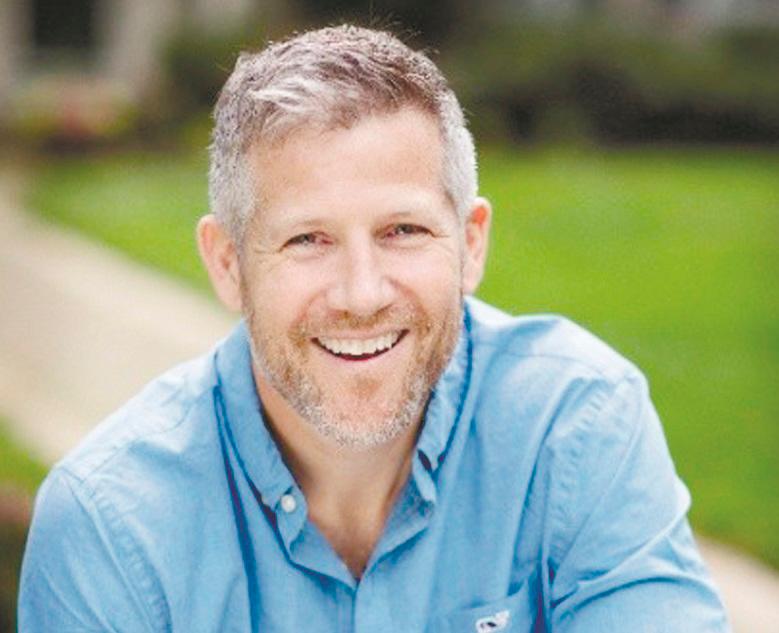KUALA LUMPUR: Reckitt (Health) Malaysia Sdn Bhd aims to grow more than 10% annually post-pandemic – driven by product, packaging and scientific innovation.
Reckitt Malaysia general manager Brian Fischel (pic) said the company recorded double-digit growth in net revenue, last year.
“We have a broad portfolio. Within each of those major categories, we have over 20 brand combinations here in Malaysia. While not everything grows at the same rate, in general our business is much bigger than it was three of four years ago” he told SunBiz.
Currently, the company offers about 350 products across its three major categories in healthcare, nutrition and hygiene in Malaysia.
Fischel said the Asean region is an important market for the company and contributes to about 10% of its global business’ revenue. Of that, Malaysia contributes around 18%.
Moving forward, Fischel believes that Malaysia’s revenue contribution will keep on growing, especially in the healthcare category which “will continue to be a massive growth area” for the company.
“From our company’s perspective, Malaysia is one of our most developed countries in Asean. The way we look at Malaysia is a pretty steady growth rate, a strong GDP (gross domestic product) that is forecast, relative to the rest of Asean. Most importantly, a pretty mobile middle-class,” he said.
As a consumer packaged goods company, he added, bringing innovation as well as convenience to its consumers is its lifeblood. Hence, it will continue to roll out new offerings yearly.
Fischel disclosed that Reckitt aims to have between 5% and 10% of its net revenue come from new items each year.
He reckoned it would take between 10 and 25 of new products launched annually across its entire portfolio. However, he remarked that as new products are introduced, it is common practice to discontinue some existing items.
When the local economy goes through a rough time, he said, the company will try to adapt its products’ lines, by offering larger value sizes and smaller opening price point sizes, to make it more affordable for local consumers, which is a part of its sizing and pricing portfolio.
Fischel said Dettol was the most relevant brand and experienced “incredible growth” during the Covid-19 pandemic, with products ranging from hand soap to disinfectant spray. However, its growth has since come down post-pandemic, as it expected.
He said the size of Dettol’s business post-pandemic is almost double that of it pre-pandemic.
“When you have something that is an unnatural growth rate, you know it’s not going to last forever. We look at the pre-pandemic and the post-pandemic (size) and try to manage where that is, among that spike in business,” he said.
In terms of revenue from its major categories, Fischel said healthcare contributed 45%, nutrition is at 40%, while hygiene contributed about 15% to its overall business. On general contribution from its offline and online business models, the former contributes 85% and the latter 15%.
He said the company believed early on during the pandemic that the shift from offline to online purchasing will remain post-pandemic. Fischel observed that while certain products stayed online, a “good portion of that came back to offline”.
The company initially thought that online sales would continue to accelerate as they did during the peak of the pandemic but have since normalised and its offline business is still its major contributor.
Reckitt has an aerosol-specific plant in Johor Bahru, which manufactures its Dettol, Shieldtox and Airwick brand products. The plant is a huge exporter of aerosol spray products in the Asian hemisphere. It has no plans to build another plant in Malaysia because there is no current need in its portfolio for expansion, but does not discount the possibility in future.









